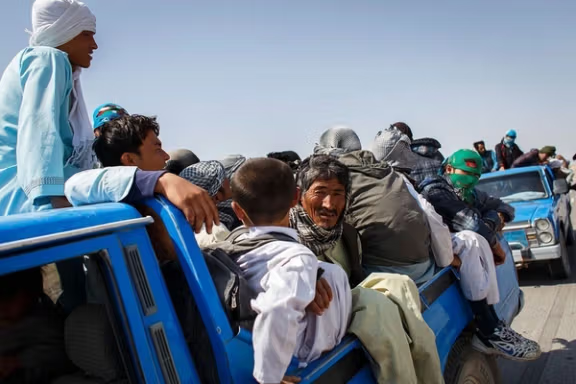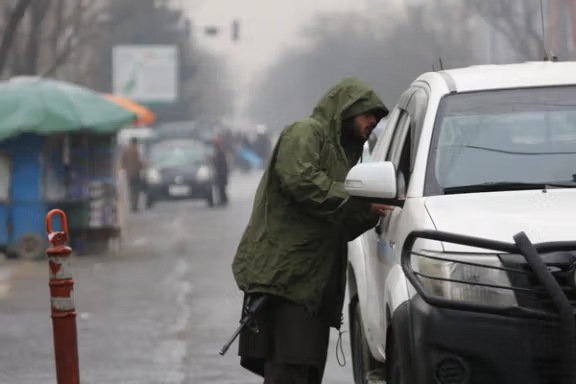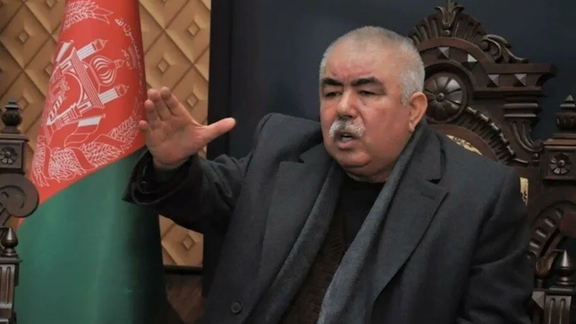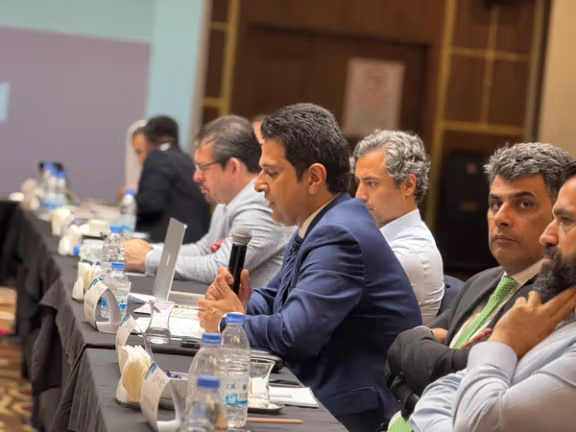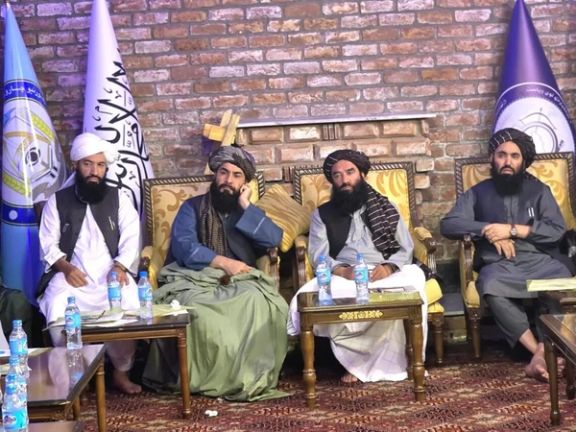Speaking on the second day of the Antalya Process, Rahimi said the Taliban’s crackdown on press freedom has driven numerous media organisations out of the country. Those that remain operational within Afghanistan, he claimed, are compelled to promote the Taliban’s views and function as propaganda tools.
Rahimi, who previously served as spokesperson for both the High Council for National Reconciliation and the Office of the Chief Executive of Afghanistan, said the Taliban are not only exerting control over domestic media but are also leveraging social media platforms, YouTubers, and selected analysts to manufacture what he described as a “strange atmosphere” in their favour.
He revealed that the Taliban have distributed a list of approved experts to media outlets and have prohibited them from featuring voices outside this list. “Media are not allowed to ignore the list or invite alternative analysts to speak on their programmes,” Rahimi said.
According to him, the Taliban are systematically attempting to construct an idealised image of their governance, projecting the impression that all public needs are being met, while silencing dissent and critical perspectives.
Rahimi added that several media outlets unable to comply with these restrictions have been forced to cease operations within Afghanistan. A few have managed to resume broadcasting or publishing from abroad. He noted that some of these exiled media organisations are affiliated with former political parties or religious groups and seek to present an alternative narrative of the country.
Since the Taliban’s return to power in August 2021, they have imposed sweeping curbs on press freedom, prompting widespread condemnation from international media watchdogs. Journalists, civil society activists, and independent media have come under increasing pressure, with many fleeing the country to avoid persecution.
